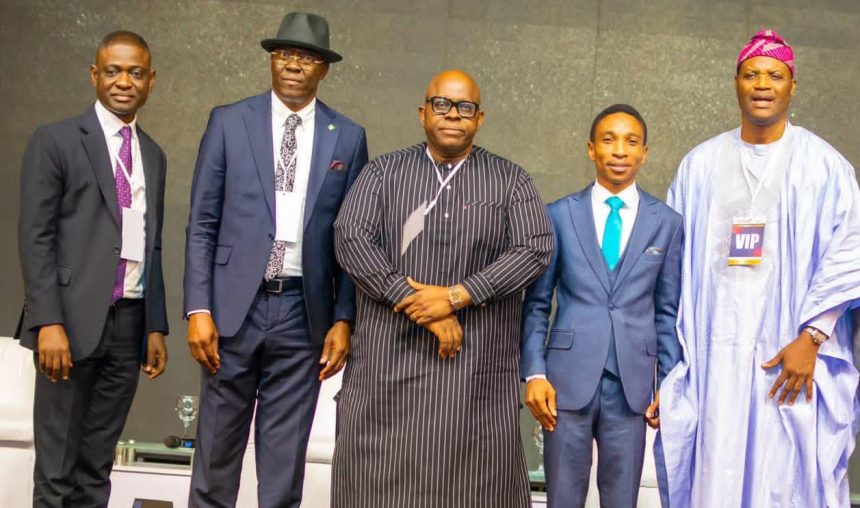Built environment professionals have urged property developers across Nigeria and Africa to adopt climate-resilient, energy-efficient practices in real estate development to tackle environmental degradation and ensure long-term sustainability.
The call was made at the African Environmental, Social and Governance (ESG) Conference and Exhibition held in Lagos, themed: “Sustainable Real Estate Value Chain: The Era of Green Initiative in Africa.” Organized by the Real Estate Developers Association of Nigeria (REDAN), the Mortgage Banking Association of Nigeria (MBAN), and the Nigeria-UK Real Estate Society, the event brought together stakeholders across public and private sectors, academia, and civil society.
Chairman of Lagos Building Investment Company (LBIC), Hakeem Ogunniran, in his keynote address, highlighted the urgent need to shift from linear development models to circular systems that prioritize material reuse, energy efficiency, and environmental responsibility.
“The real estate sector contributes about 42 percent of global carbon emissions. If we continue to build, use, demolish, and dump, we will only deepen the climate crisis,” Ogunniran said. “We must rethink how we design, build, and operate our spaces by integrating green principles at every stage.”
He advocated for developers and architects to incorporate sustainable features—such as natural ventilation, efficient orientation, and recyclable materials—even when client briefs do not request them. Though green construction may raise initial costs by up to 15 percent, Ogunniran noted that the long-term savings and resilience outweigh the upfront investments.

Lagos State Commissioner for Housing, Hon. Moruf Akinderu Fatai, represented by Mrs. Olufunke Fosudo, described the conference as timely, noting that the Sanwo-Olu-led administration has taken steps toward a greener future. These include the adoption of renewable energy sources, sustainable planning, and continued sponsorship of the Lagos Climate Change Summit.
“We need partnership-driven solutions to confront climate challenges,” Fatai said. “Lagos has set a model that other African cities can learn from in shaping environmentally responsible urban development.”
President of REDAN, Prince Akintoye Adeoye, warned that climate disruptions—ranging from erratic rainfall to desertification—are already impacting housing resilience. “ESG isn’t a Western buzzword; it’s a development imperative for Africa,” he said. “Real estate actors must take responsibility in designing and delivering climate-conscious projects.”
MBAN President, Ayo Olowookere, added that integrating ESG into Nigeria’s financial and housing sectors is key to building sustainable cities. “This platform allows us to align with international standards while addressing local realities. It’s about creating a future where housing is not only affordable and accessible but also environmentally sound.”
The forum concluded with a collective agreement on the need for policy support, public-private partnerships, and investor education to scale green infrastructure and mainstream sustainability across Nigeria’s real estate value chain.



